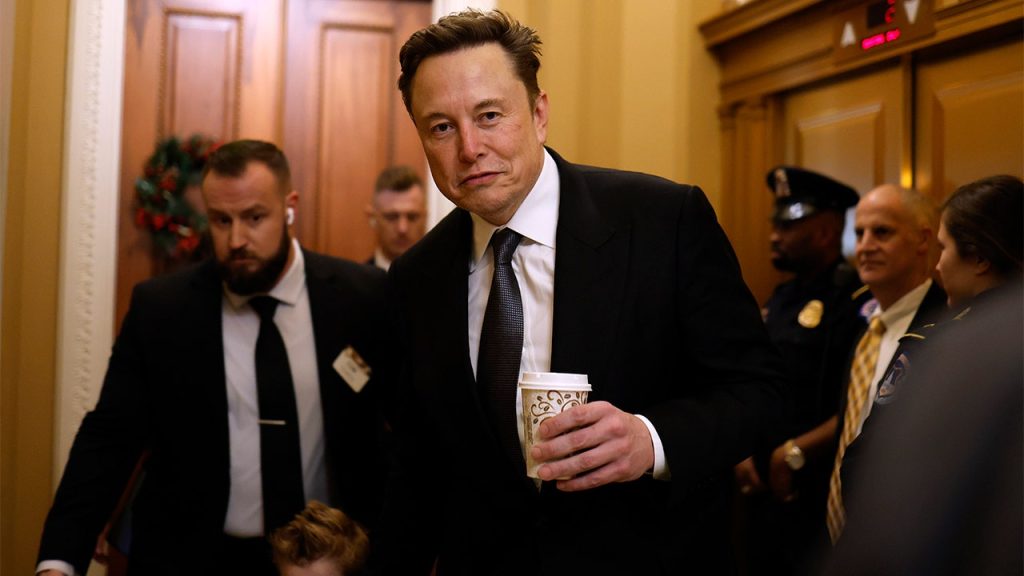Elon Musk, chair of the Department of Government Efficiency (DOGE), ignited controversy with accusations of fraudulent Treasury payments. In an X post, Musk claimed DOGE discovered Treasury payment approval officers rubber-stamped every payment request, regardless of the recipient, even including known fraudulent or terrorist groups. This explosive allegation quickly gained traction as the New York Times reported that Treasury Secretary Scott Bessent had granted DOGE access to the federal government’s payment system, which processes roughly $6 trillion annually. The revelation raised concerns among lawmakers, including Senator Ron Wyden, the ranking Democrat on the Senate Finance Committee, who echoed the report on social media and expressed alarm at the potential implications of DOGE’s unrestricted access to sensitive financial data, including Social Security, Medicare, and government contractor payments.
DOGE’s access to the payment system followed reports of internal clashes within the Treasury. Former acting director David A. Lebryk reportedly planned to leave the department following disagreements concerning DOGE’s access. Concurrently, reports emerged of DOGE locking civil servants out of computer systems at the Office of Personnel Management (OPM), the federal government’s HR department. Musk, seemingly unfazed by the growing controversy, characterized weekend work as a “superpower,” allowing DOGE to operate while the “opposing team” – presumably referring to bureaucratic staff – was absent.
The creation of DOGE stems from an executive order signed by President Trump on his first day in office. This order mandates that government agency heads grant DOGE access to internal government platforms, including software and IT systems, while adhering to strict data protection standards. This mandate underlines the administration’s commitment to DOGE’s mission of rooting out government overspending and fraud, a key campaign promise of the Trump-Musk partnership. The executive order provides the legal basis for DOGE’s activities, including its access to the Treasury’s payment system and other internal government resources.
Trump and Musk publicly championed the concept of DOGE during the presidential campaign, emphasizing its role in tackling government inefficiencies. DOGE, functioning as a team within the Trump administration rather than a separate department, aims to identify and eliminate wasteful spending. In an August X interview with then-candidate Trump, Musk articulated his concerns about government overspending and inflation, advocating for a “government efficiency commission” to scrutinize spending practices and identify areas for improvement. This interview foreshadowed the creation of DOGE and its mandate to identify and eliminate unnecessary government expenditures.
Since its inception, DOGE has publicized its efforts to reduce government spending through its X account. A notable announcement included over $1 billion in savings achieved by canceling federal diversity, equity, and inclusion (DEI) initiatives and associated personnel. This demonstrates DOGE’s active pursuit of cost-cutting measures, targeting programs perceived as inefficient or unnecessary. The public nature of these announcements underscores the administration’s emphasis on transparency and accountability in its efforts to streamline government operations and reduce spending.
The unfolding situation surrounding DOGE, its access to sensitive financial data, and its aggressive cost-cutting measures has generated significant controversy. Concerns have been raised regarding potential conflicts of interest, particularly given Musk’s leadership role in DOGE and his ownership of companies that compete for government contracts. The rapid pace of DOGE’s activities, coupled with its broad access to government systems, has prompted calls for greater oversight and transparency. The long-term implications of DOGE’s actions on government operations and spending remain to be seen, as the situation continues to evolve amidst scrutiny from lawmakers and the public.

